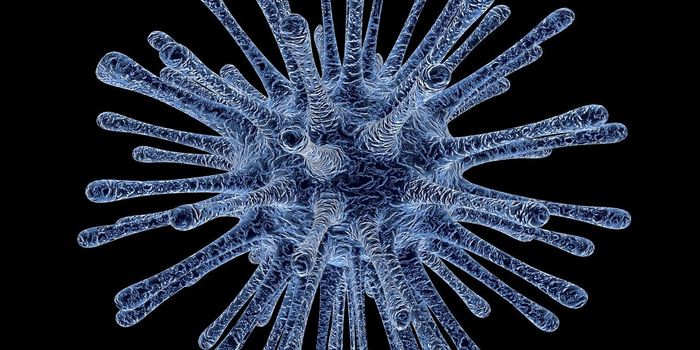Artificial Intelligence Predicts Response to Immunotherapy
Immunotherapy is a treatment that uses certain parts of a person’s immune system to fight disease such as cancer. Immunotherapy works by either stimulating your immune system to work harder or by giving your immune system components such as human-made proteins to bolster your immune response. It has been the most promising cancer treatment since the creation of chemotherapy and offers the potential for long-term control. A recent study published in The Lancet Oncology demonstrated that artificial intelligence could process medical images to extract relevant information to determine the efficacy of immunotherapy on a patient to patient basis.
Your immune system protects you from infections and other diseases thanks to immune cells that travel throughout your body. When the immune system detects a foreign substance or non-self compound, it raises an alarm that signals an immune response to attack and destroy the invader. In some cases, the immune response against a disease or foreign invader may be crippled or not strong enough. In the case of Cancer, the immune system may not recognize cancer cells as foreign, may not be strong enough to destroy all the cancerous cells, and may even be blocked by compounds secreted by cancer cells. However, utilization of immunotherapy can help the immune system become stronger in its response to destroy foreign invaders better. But currently no test or marker exists to determine the potential efficacy of immunotherapy in patients, previous research does indicate that the greater abundance of lymphocytes present at a tumor increases the change that immunotherapy will work.
A group of researchers from Gustave Roussy, CentraleSupélec, Inserm, Paris-Sud University and TheraPanacea created a radiomic signature using artificial intelligence that can predict the effectiveness of immunotherapy. The team utilized machine learning to develop an algorithm to use relevant information from CT scans. These algorithms were developed solely based on CT scan images to predict what the genome may reveal about tumor immune infiltrate, focusing on the presence of cytotoxic T-cells which allowed for the creation of the radiomic signature. The radiomic signature was captured, developed and validated in 500 patients with tumors and validated gnomically, histologically and clinically to ensure robustness. Further testing for validation was done in other cohorts showing that the imaging could predict a biological phenomenon.
To determine the applicability of the radiomic signature in actual patients before and after immunotherapy treatment, it evaluated CT scans before the start of therapy in patients in a phase I trial of immunotherapy treatment. They found that patients with higher radiomic scores had better overall survival and effective immunotherapy treatment at three and six months. Further studies will look at larger numbers of patients and stratify them according to cancer type to refine the signature further while also integrating data from imaging, molecular biology, and tissue analysis. Utilization of this artificial intelligence for determining the efficacy of immunotherapy will help identify patients most likely to respond to treatment as well as improving the efficacy/cost ratio of treatment.
To learn more about immunotherapy and some of the current types watch the video below!
Sources: The Lancet Oncology, American Cancer Society, Cancer Research Institute









